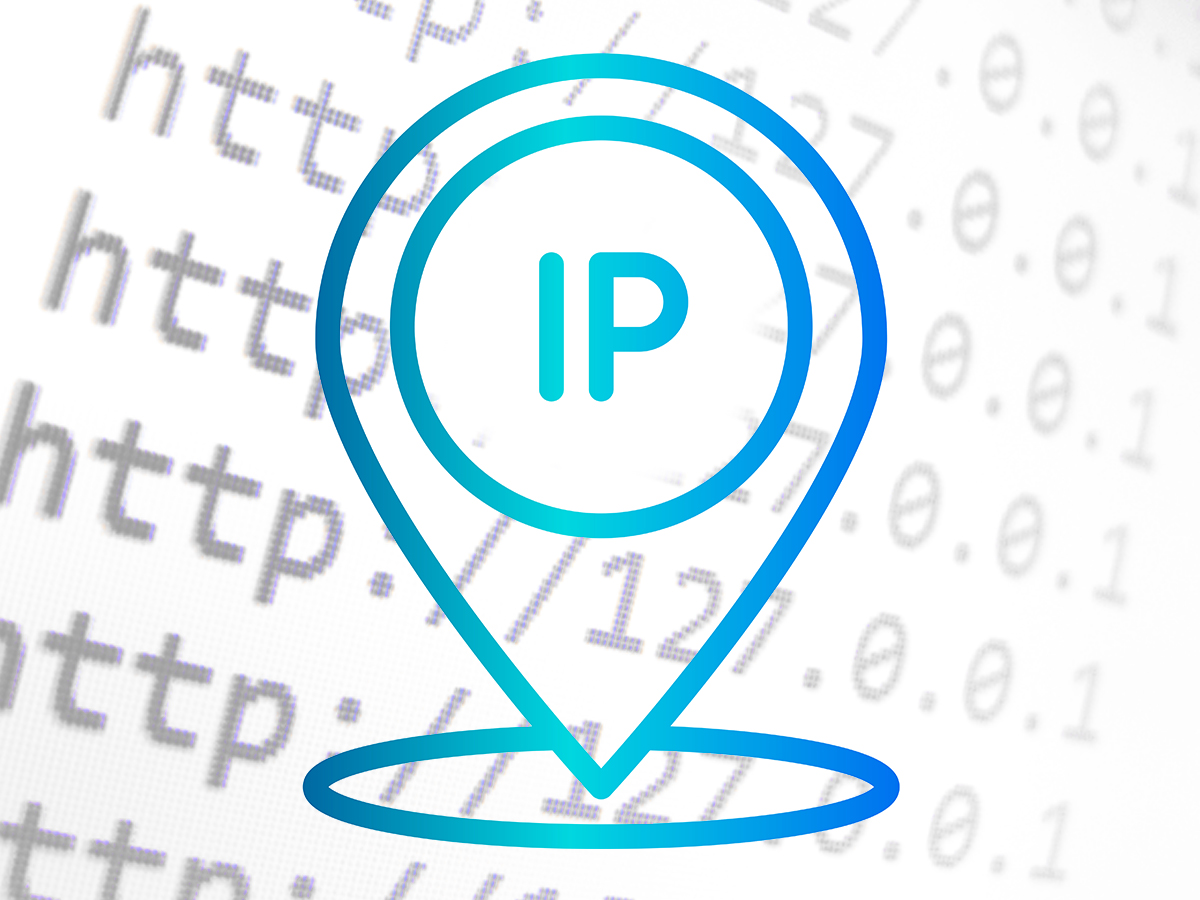In the digital age, network proxy services play an increasingly important role, especially in the fields of data capture, web crawlers, SEO optimization, cross-border e-commerce, and privacy protection. Proxy IP pool, as an advanced form of proxy service, provides users with a more efficient, secure, and flexible network access experience by managing and maintaining a collection of multiple proxy IP addresses. This article will explore the characteristics of the proxy IP pool in depth to help readers better understand the advantages and applicable scenarios of this technology.

1. Dynamic allocation and load balancing
One of the core features of the proxy IP pool is the dynamic allocation of IP addresses. Traditional single proxy IPs are easily identified and blocked by target websites due to frequent visits, while proxy IP pools ensure that different IPs are used for each visit by constantly rotating IP addresses, thereby greatly reducing the risk of being blocked. In addition, the proxy IP pool also has a load balancing function, which can intelligently allocate IP resources according to the number of access requests and the availability of IPs to ensure smooth and efficient access.
2. High availability and stability
A proxy IP pool usually consists of a large number of proxy IPs, which are distributed in different geographical locations and network environments, forming a strong network coverage. Even if some IPs are temporarily unavailable for various reasons (such as network failure, server maintenance, etc.), the proxy IP pool can quickly select available ones from the remaining IPs for replacement to ensure the continuity and stability of the service. This high availability is one of the important advantages of the proxy IP pool over a single proxy IP.
3. Anonymity and privacy protection
The proxy IP pool provides additional anonymity protection by hiding the user's real IP address. This is crucial for individual users or companies that need to protect their privacy. By using a proxy IP pool, users can avoid direct exposure to the network environment and reduce the risk of being hacked or leaked. At the same time, the proxy IP pool can also bypass geographical restrictions to a certain extent and access content blocked in a specific region.
4. Customizability and flexibility
A proxy IP pool usually provides a wealth of configuration options, allowing users to customize according to their needs. For example, users can select IPs in specific geographical locations, set access time intervals, control the number of concurrent connections, etc. This flexibility enables the proxy IP pool to be applicable to various complex network scenarios and meet diverse needs. In addition, the proxy IP pool also supports multiple protocols (such as HTTP, HTTPS, SOCKS, etc.), further enhancing its applicability and compatibility.
5. Cost-effectiveness and Scalability
Although the construction and maintenance of the proxy IP pool requires a certain cost, it is more cost-effective in the long run compared to frequently changing a single proxy IP or purchasing expensive dedicated proxy services. At the same time, as the business scale expands and demand grows, the proxy IP pool can easily expand the number of IPs to meet greater access needs. This scalability makes the proxy IP pool an ideal choice for large enterprises and network service providers.
Conclusion
In summary, the proxy IP pool has shown broad application prospects in many fields with its dynamic allocation, high availability, anonymity protection, customizability and cost-effectiveness. Whether it is for web crawlers that need efficient data crawling or for cross-border e-commerce users who want to protect privacy and bypass geographical restrictions, the proxy IP pool provides strong support. However, it is worth noting that the use of proxy IP pools also needs to comply with relevant laws and regulations and platform rules to ensure the legal and compliant use of network resources.
Related Recommendations
- What is a residential IPv6 agent
- The important role of overseas agent IP in overseas social media
- Data Proxy IP: A must-have tool for safe browsing
- How to achieve multiple account management? Overseas agent IP recommendation
- Principle and practical application of dynamic IP proxy technology
- Impact of IP purity on business
- Residential IP Agents: The New Key to Unlock the Online World
- Can sellers use independent IP for WhatsApp marketing?
- How to collect data from e-commerce websites and cooperate with socks5 proxy IP?
- Taking stock of overseas advertising verification tools: optimizing advertising effectiveness

